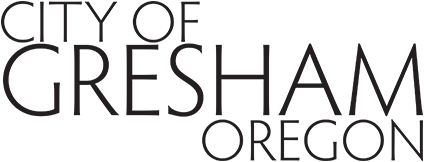- Home
- Budget and Finance
- Budget Definitions
Budget and Finance
Budget Definitions
A plan for capital expenditures estimated for each year for a period of several years.
The CIP identifies each capital project, its expected beginning and ending date, the amount to be expended in each year, and the method for financing those expenditures.
Read more about the City's Capital Improvement Program.
Services, such as payroll and human resources, provided by City departments to other City departments.
These services are paid for by collection of an internal service charge.
Fees collected for services such as site design review and fire inspections.
An appropriation within an operating fund to cover unforeseen events that occur during the budget year.
City Council must authorize the use of any contingency appropriations, which must be transferred from contingency to an operating budget.
Annual payment of principal and interest on the City's debt.
The 12-month period to which the annual operating budget applies. The fiscal year for local governments in Oregon is July 1 through July 30.
The General Fund is the primary operating fund for the City.
Revenue is collected through property taxes, business income tax, franchise fees, state cigarette and liquor taxes, licenses and permits, and fees for services.
Fees collected from other governmental agencies, such as state shared revenue, cigarette, and liquor tax, and community service fees collected by Multnomah County.
Fees collected from businesses for business licenses, rental and mobile home park licenses, amusement machine licenses and liquor licenses.
Accounts for revenue received for youth programs, picnic reservations, sports facility reservations and auction sale proceeds.
Includes inter-fund transfers, reserves and debt payments.
Accounts for the revenues and expenditures used to provide direct service to citizens or to support direct services.
A tax that uses property value as the tool by which the cost burden of local services is allocated. Property taxes are limited by each local jurisdiction’s permanent operating tax rate. Gresham’s permanent tax rate is $3.6129 per thousand dollars of assessed valuation.
A one-time fee that all new development pays, both residential and business.
SDCs are a source of funding for new infrastructure such as streets, sanitary sewers, water systems, stormwater drainage, and parks.
An amount set aside in the budget to be used as a cash carryover to the next year's budget to provide needed cash flow until other money is received.
Utility license fees are fees paid to use the public right-of-way to operate a utility within Gresham. The majority of these fees go into the General Fund and help pay for Police, Fire, Parks and Code Compliance.





